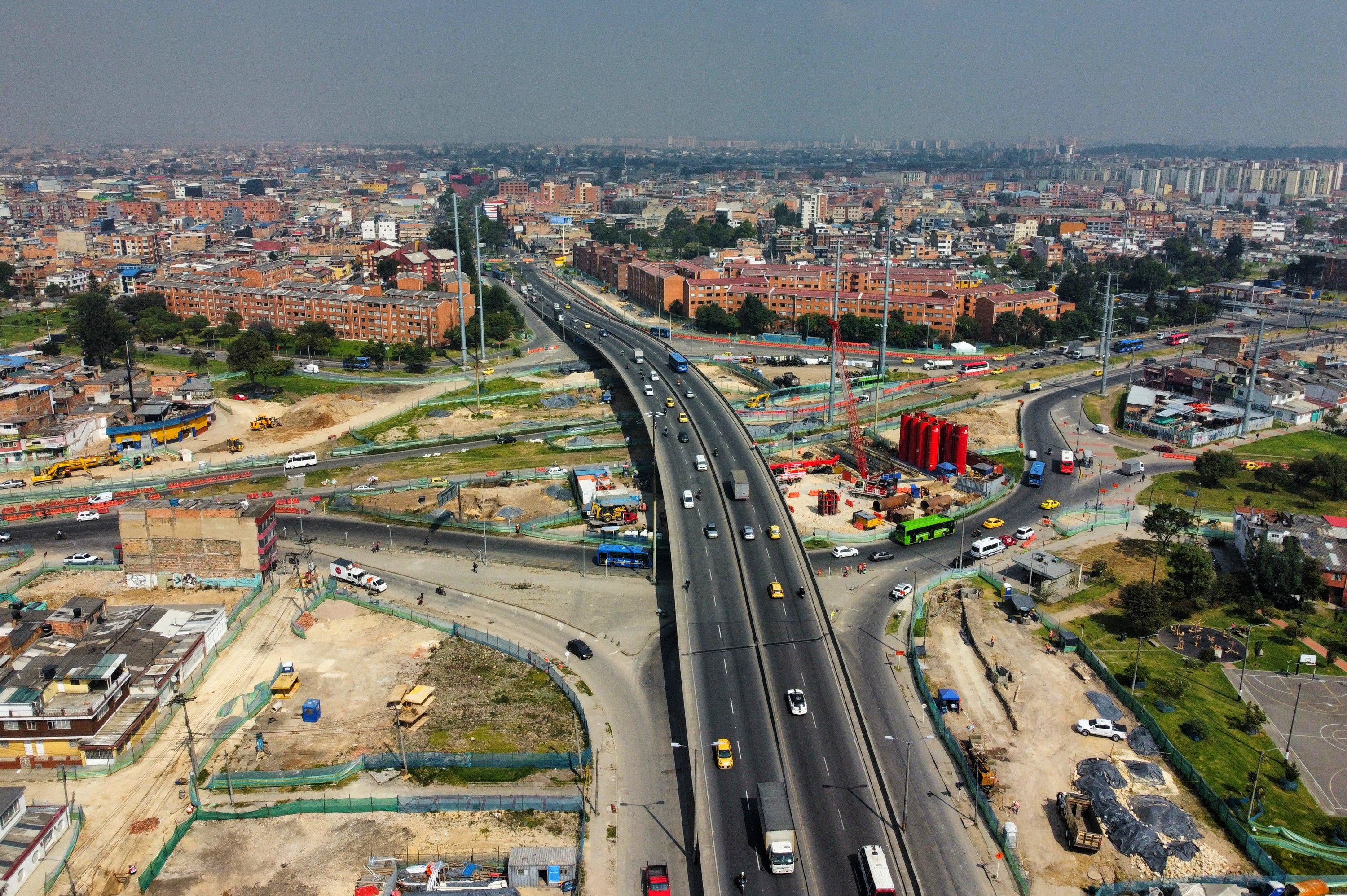Clear Accounts / Colombia is not a concern: coal is what there is

Cuentas Claras, the weekly column by Mauricio Galindo, economics editor of EL TIEMPO, offers interesting figures surrounding the news from the last seven days. This time, we examine global coal production, unemployment figures, debt ratings, and the burden of poverty in Bogotá, Colombia.
Colombia is not worried: coal is what there is While Colombia is deciding to end its coal production, the world's supply increased by 0.9% last year. This increase alone more than covers Colombia's total supply if it were to disappear completely at once. Last year, the world produced 9.241 billion tons, and Colombia, 65 million. Global growth alone was 82 million . So far this year, Colombian production has fallen by 30%.

Reference image. Photo: iStock
Now that the term "resilience" is so fashionable, that's what workers are demonstrating. Unemployment fell and averaged 9.5% between December and June , with 7 out of 10 newly employed people self-employed. If the newly self-employed hadn't gone to work that way, but instead looked for work, unemployment would have been 2.2 percentage points higher. Resilience is the elegant name for hustling.

Reference image. Photo: EL TIEMPO
Argentina's debt rating has historically been lower than Colombia's due to its history of defaults. Until mid-June, Colombia was 10 notches higher than Argentina on Moody's' 21-notch rating scale. Now, that gap is closing, and Colombia is seven notches higher , following the agency's decisions last month, in which Colombia worsened and Argentina improved.

Reference image. Photo: EL TIEMPO Archive - Sergio Acero Yate
Following DANE's publication of the poverty data, Bogotá's Secretary of Integration, Roberto Angulo, commented on the progress of the capital's policies in this regard. Looking at DANE's data, it is clear that without the reduction in poverty in Bogotá, the national decline (from 34.3 to 31.8%) would not have been 2.5 percentage points, but 0.7. One in every 3.6 people who rose above poverty was in the city.
More newseltiempo





